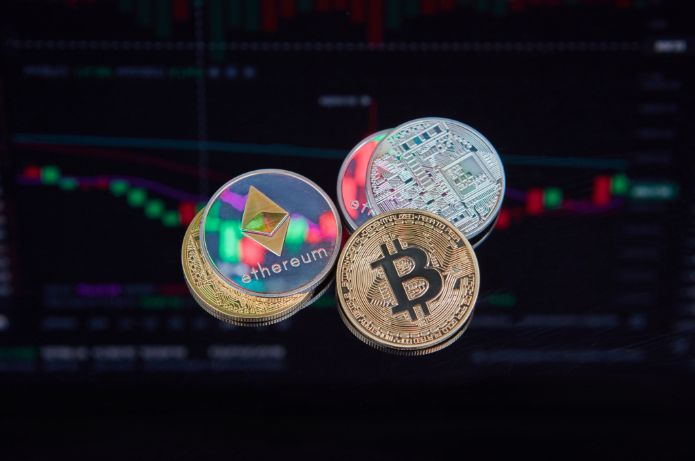The advance of tokenization in Brazil is already a reality, with concrete cases of application in the financial market and strategic sectors of the economy, according to the study “Tokenization 4 Cases and Possibilities”developed by the Brazilian Crypto-Economics Association (ABcrypto), successful initiatives show how asset digitization is transforming the investment landscape in the country.
Tokenization allows the conversion of physical and financial assets into secure, traceable and accessible digital representations. The study highlights cases such as tokenization of receivables, driven by companies such as PeerBR and Liqi, which enable the conversion of duplicates and credit rights into tradable digital tokens.In addition, Netspaces and Mynt are innovating in the tokenization of real estate, enabling the fractionation of high-value properties to democratize access to the real estate market.
In agribusiness, Agrotoken leads initiatives to transform commodities such as soybeans, corn and wheat into digital assets, expanding financing options for rural producers.In parallel, Brazilian banks have been exploring tokenization to offer new investment modalities and expand access to the capital market.
Another important advance is the infrastructure for Web3 and white label solutions developed by companies such as Klever and BlockBR, which create platforms to facilitate tokenization in various segments. This movement reinforces the role of Brazil as one of the most promising markets for the digitization of assets.
The adoption of tokenization in the country is driven by a favorable regulatory environment, with the Virtual Assets Legal Framework and guidelines from CVM and the Central Bank ensuring legal certainty for investors and companies.In addition, the successful experience of Pix and the development of Drex are key factors for the expansion of the sector.
With a daily volume of R$ 23 billion handled in crypto assets and more than 9.1 million individual investors in the country, Brazil positions itself at the global forefront of tokenization. The study by ABcripto reinforces that this trend is expected to grow in the coming years, making the financial market more accessible, efficient and dynamic.
Recently launched by ABcripto, the study details the main factors that put Brazil ahead of the global market in the theme of tokenization. Among the highlights are the advancement of the regulatory environment, with the implementation of the Legal Framework for Virtual Assets and the guidelines of the CVM and the Central Bank, which ensure legal certainty for investors and companies.
In another pillar, the Innovative Payment Infrastructure, with the successful experience of Pix, as the basis for the adoption of DREX, should accelerate financial digitization.The analysis also shows how tokenization facilitates the democratization of access to the capital market, by allowing investors of different profiles to have access to assets previously restricted to large players, expanding financial inclusion; in addition to attracting more attention from foreign investors.


